How Hops Production is Gaining Ground in North Carolina
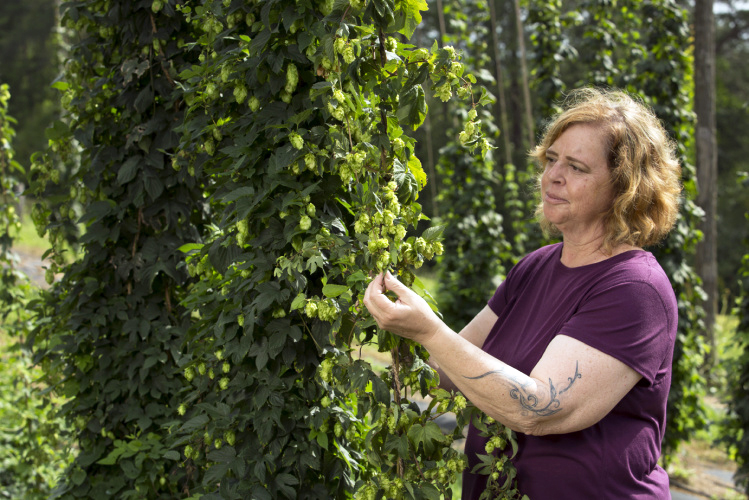
Dr. Jeanine Davis of NCSU oversees the hops yard at the Mountain Horticultural Crops Research and Extension Center in Mills River. Photo by Jeffrey S. Otto
With more than 300 craft breweries in North Carolina, brewers are constantly seeking ways to differentiate themselves while supporting local farmers and vendors that are the lifeblood of their businesses. With local malts now available from purveyors such as Riverbend Malt House and local yeast being produced by White Labs, it’s only natural that brewers seek out local hops, too. Today, 80 farmers grow hops to support the state’s billion-dollar beer industry.
However, the cash isn’t flowing just yet as the state scrambles to take a share of the market away from the Pacific Northwest, which has dominated America’s hops industry for decades.
From Farm to Glass
As North Carolina cements its status as the craft brew hub of the South – and potentially the entire East Coast – researchers, farmers and brewers continue to seek out ways to better support their local and state economies throughout the beer-manufacturing process.
“With so many breweries opening in North Carolina, quality ingredients with consistency over years is a must to maintain a beverage that tastes the same time after time,” explains Art Robertson, owner of Running Turtle Hops Farm in Liberty.
In fact, Robertson plans to open his own brewery, which will use his homegrown hops, truly embodying the farm-to-glass experience that many craft beer fans crave.
“I will be able to pay more for my hops through my brewery because I know the quality of the hops, when they were harvested, how they are stored and down to what field and row they came from,” Robertson says. “Also, I will be able to help other North Carolina hops growers by paying above average prices for just North Carolina-grown hops.”
Robertson isn’t the only farmer-turned-brewer in the state.
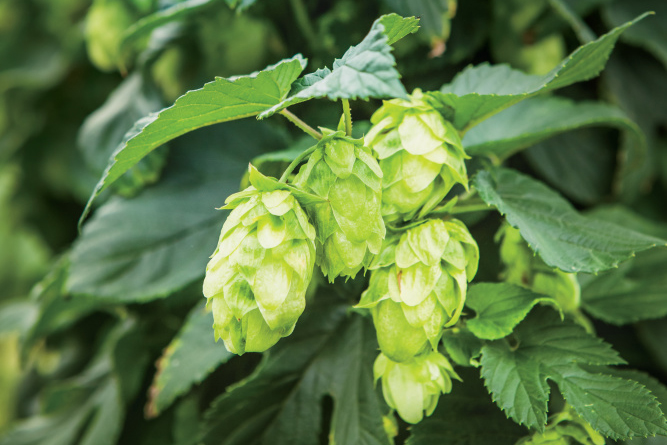
Photo by Jeffrey S. Otto
Getting Schooled on Hops
To help make North Carolina more competitive, North Carolina State University has been conducting extensive research since 2010, first in the form of the Hops Project and now at the Mountain Horticultural Crops Research and Extension Center. This facility is located in Mills River, a suitable choice since it shares a zip code with one of the most sustainably focused breweries in America – Sierra Nevada. While no brewery will compromise the flavor of their beer with inferior hops, it’s safe to say many North Carolina brewers would love to source all their hops from farmers right in their own state.
The NCSU program began to help farmers consider an alternative income source. Led by Dr. Jeanine Davis, the team has continued to study hops and work with farmers to share insights that can help them make smart business decisions.
“This program is essential for hops to continue to become a mainstay and alternate type of farming for North Carolina,” Robertson says, “and the communication network and data collection for hop growers is priceless due to the dedication of these folks.”
By the Numbers
$1.2B: economic impact of North Carolina’s craft beer industry
10k: jobs in North Carolina related to the craft beer industry
240+: number of craft breweries in the state
80: number of hops growers in the state
The research team returns this appreciation for farmers willing to work with them. “North Carolina hop farmers have shown much interest in our research and results,” says Luping Qu, horticultural specialist for NCSU Extension. “They encourage us to do more.”
While NCSU’s efforts have certainly helped the industry move forward, Qu notes the work is just beginning. “We are still at an early stage of growing hops in North Carolina and focusing on research,” he says.
So far, they have evaluated more than 10 hop varieties and found that Cascade, Chinook and Nugget hops grow best here, but so far a majority have not been ideal for growing in North Carolina. However, one experimental hop shows significant promise and its shorter, fuller reach makes it better suited to thrive here. Currently, the Pacific Northwest grows 98 percent of the hops produced in America. To compete, NC State’s researchers have engineered a brand new hop specifically suited for Western North Carolina’s climate. After all, plants grown here receive an hour less sunlight than those grown in the Pacific Northwest, which has more daylight hours, cooler temperatures and less humidity.
As the research continues to provide valuable data to farmers and brewers like Robertson, the economic impact of hops will undoubtedly continue to rise. Currently, the craft beer industry has an economic impact of more than $1 billion in North Carolina alone and provides more than 10,000 jobs, according to the North Carolina Craft Brewers Guild. As the research continues, that number is sure to grow – hopefully, along with a lot of local hops to meet that demand.
– Shawndra Russell



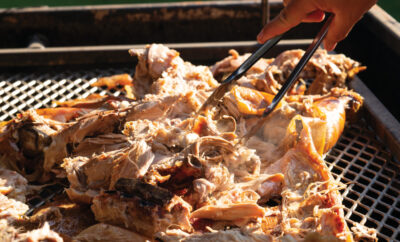


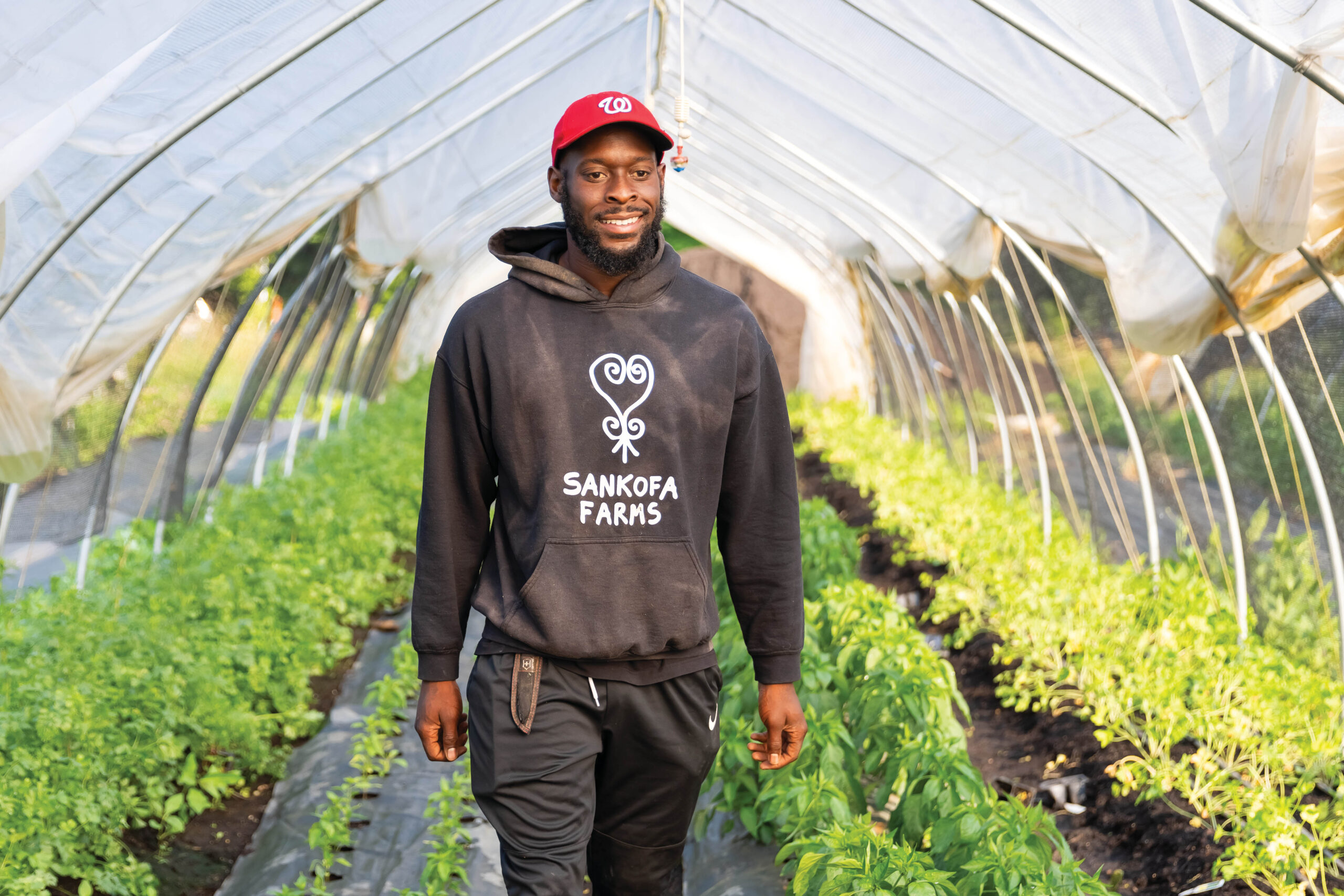
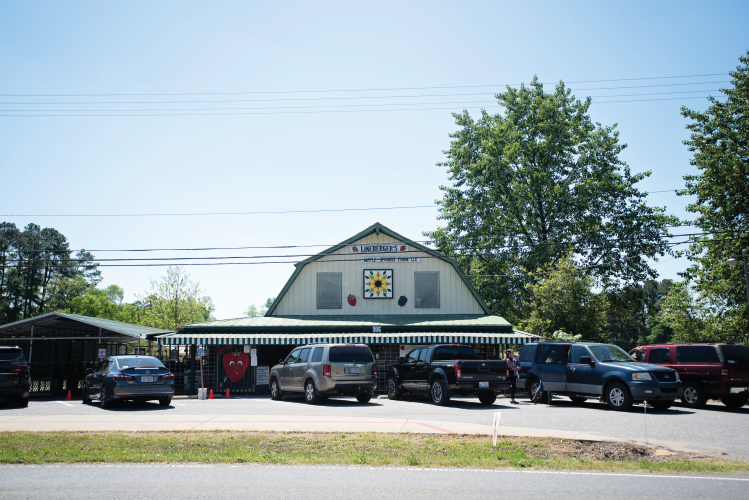
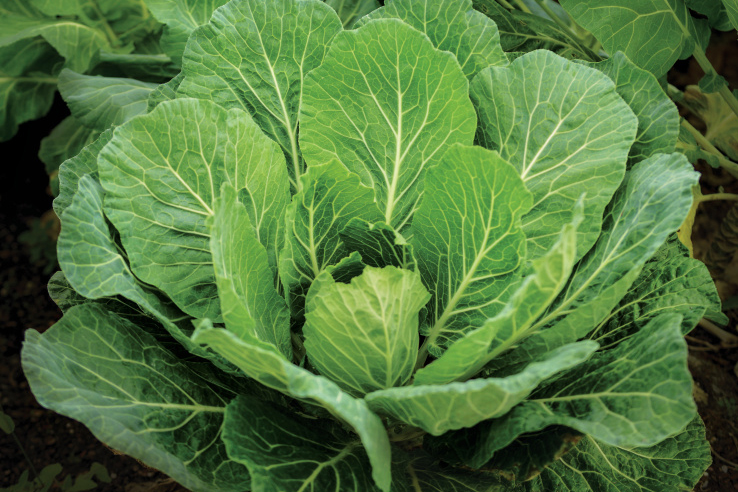
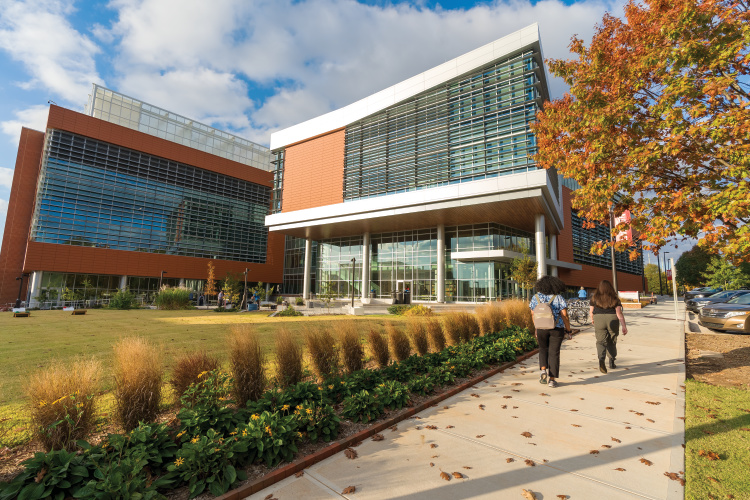


 North Carolina Field and Family magazine highlights farms and foods, events and attractions, and interesting people and places throughout the state.
North Carolina Field and Family magazine highlights farms and foods, events and attractions, and interesting people and places throughout the state.
Leave a Comment